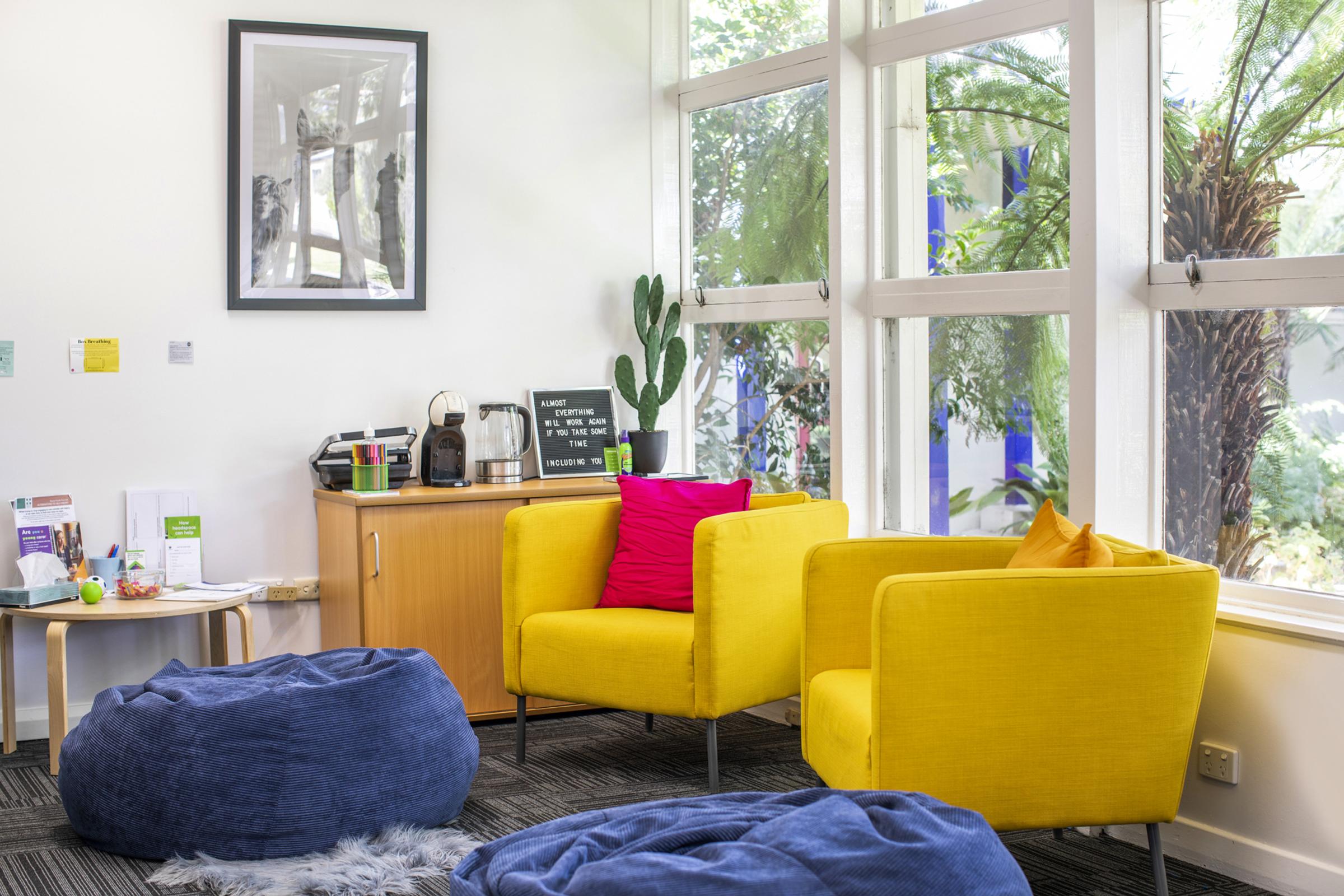Student Wellbeing
The Wellbeing Team

Student Wellbeing
The Wellbeing Team
Recently in during the Headstart program, the Wellbeing team presented to the junior and senior school cohorts a number of topics that are also fitting and relevant heading into the festive season. One of these was providing helpful information and tips regarding managing stress and feelings of anxiety and worry. Much of this can also be seen fitting in supporting many of the parents slaving away over the lovely glazed leg of ham or platter of prawns on Christmas morning as we prepare to enjoy our time with loved ones.
Included in the stress management presentation, the Wellbeing team distinguished the differences between stress, management and anxiety as well as how all three relate and impact one another.
Such tips to manage such feelings, delivered by the Wellbeing Team includes:
We wish you all the best for the festive period and if you do feel more stressed, worried or anxious over this festive and holiday period we have provided some numbers and support below shall you need to seek help or visit your local GP.
Lifeline 13 11 14 or Kids Helpline 1800 551 800.
Or visit the Headspace website for further support and information regarding your wellbeing and mental health
https://headspace.org.au/t typing your article in here
Sleep is all too often such an overlooked part of our life and something that we so commonly take for granted. How does this happen though, especially when we know it is so important for our physical and mental wellbeing? Well, it seems that the time at which our head finally hits the pillow is at the mercy of the busyness of our day (and of our minds). In this way, considering that we are approaching a period of rest from school, it can be helpful for us to remind ourselves about how we can sleep better. Of course, when we say “better,” it is helpful to be mindful that we are speaking about “quality” over “quantity.” Though we often hear “enough” sleep as being defined quantitatively, as 8-10 hours a night, research shows us that it is in fact the quality of sleep that dictates whether our bodies and brains get enough of a chance to repair, process and regenerate for the next day.
Here are some quick tips to create a better sleep routine from the wellbeing team during your end of year break:
Best wishes for a restful and rejuvenating break from the Wellbeing team; Suzanne Trease (Assistant Principal), Gulzabeen Mohammed (Mental Health Practitioner), Isabella Farrar (Student Wellbeing Coordinator for years 11/12), Caitlin Elliott (Student Wellbeing Coordinator for years 9/10) and Pat Pekin (Student Wellbeing Coordinator for years 7/8).